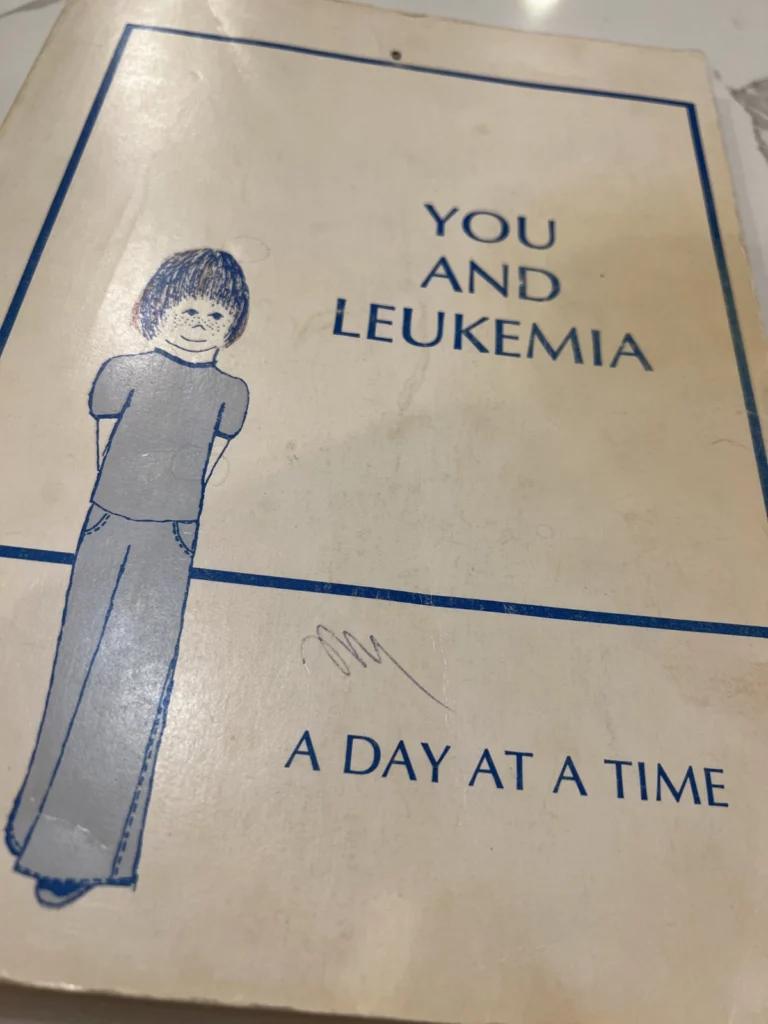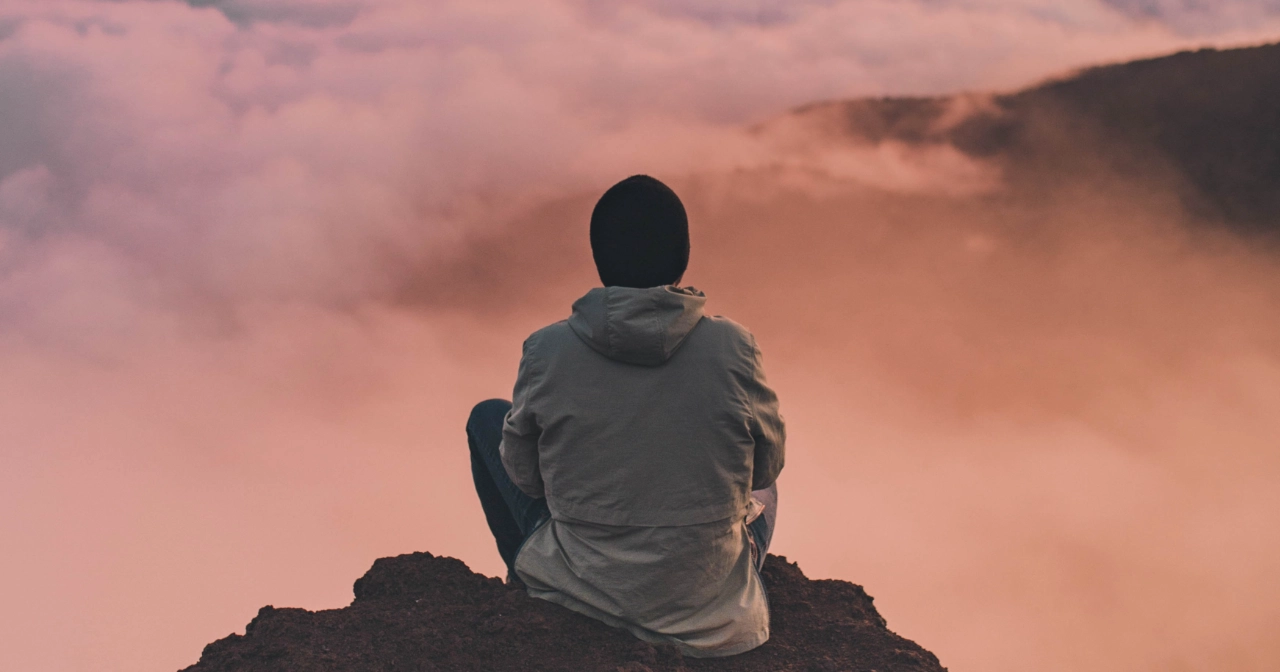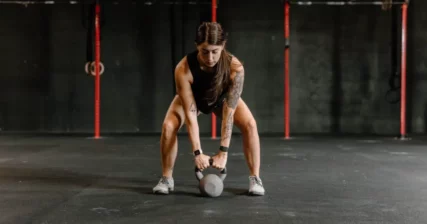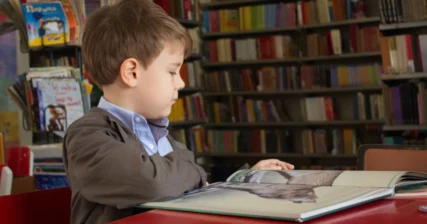Listen on: Apple Podcasts | Spotify
The following is an excerpt from a draft of a book I’m working on. It’s about my recovery from a broken neck and spinal cord injury, but also much more than that. As I continue to work on it, I may include other writings and ramblings here on my blog. They may or may not make it into the final draft. If you’re a Nikkola Newsletter subscriber, you’ll be the first to know when the book is finished.
“I’m going over the handlebars,” I thought as my front bike tire dropped off the edge of a three-foot skinny bridge. A fraction of a second later, my front tire hit the ground, causing my bike to catapult me around the tire, throwing me head-first into the ground. My head hit the ground, and then my neck absorbed the force from the rest of my body, moving in the same direction as my head. I saw darkness and then a flash of light. And then I was lying flat on my back. My hands moved. My legs did not. I had no feeling below my waist. I instantly knew this was a bad situation.
I told our grandson Asher to get Grandma Vanessa, who was ahead of us on the trail. She heard me, threw her bike into the woods, and ran back to where I lay. She quickly sprung to action, calling 911 and flagging down other riders to help.
As I lay there, I knew I’d sustained a serious neck injury and that there was a good chance I’d never walk again.
I didn’t feel sad or angry, or discouraged. I didn’t panic, as I knew that would only make things worse, not to mention that it would scare our grandson.
Once Vanessa had first responders on the way, I started to ponder what life would be like if I never walked again. I’d been injured before, but not like this.
I wondered how I’d make the most of a life without the ability to walk. Or what if I didn’t have use of my legs or arms?
How would I rig up a way to exercise? How could I use my mind alone to contribute to the world and support our family? Could I read and write more? Could I add to my education?
I knew that the faster I accepted that life might forever look different, the faster I’d be able to make the most of that life.
I thought about multiple possible futures and resolved to accept whichever would become reality based on the results of my injury.
As I’ve learned to do throughout my life, I jumped from the reality of an unwanted situation to acceptance of that situation. As I later found out from Vanessa, she did the same.
Neither of us spent a moment dwelling on what happened and how we’d want it to be different. Each of us, in our own minds, decided we’d make the most of our current reality.
We accepted things as they were.
Accepting Illness
I’d had a lot of practice with that throughout my life, which made acceptance of my circumstances easy the day that I crashed on my bike. I began learning the value of accepting reality as it was as a child.
I got severely sick when I was four years old. I don’t remember it, but I had aches throughout my body and was extremely fatigued. I saw doctors in my hometown of Ely, Minnesota, in Duluth, and eventually at the Mayo Clinic in Rochester.
The doctors didn’t immediately know what was wrong with me. They ran tests all over my body, even doing a biopsy of my testicles at one point. Though I was too young to appreciate the importance of my balls fully, I knew enough to get squeamish about that procedure.
After much poking and prodding, the physicians finally figured out what was wrong.
I had leukemia. Acute lymphocytic leukemia, to be precise.
Most of my treatment took place through the Mayo Clinic, though our hometown doctor, Dr. Steve Park, played a crucial role in my treatment and recovery as well. We carried on our relationship with the Mayo Clinic for 15 years.
Doctors cure this type of leukemia easily today, but when I had it, the cure was a new thing.
At four years old, it’s pretty hard to comprehend what cancer means, though the doctors at the Mayo tried to explain it as best they could.

I asked my parents how they felt throughout the diagnosis and treatment. Here’s what Mom had to say:
When you have a child facing something like that, you have to remain strong for your child. I was scared, but we tried to remain strong. You do what you have to do to be strong for your child. We made constant trips from Ely to Rochester, sometimes leaving at 1:00 in the morning and driving back the same day, six hours each way, because we didn’t have enough money to pay for hotels each time. But we didn’t let anyone scare you. We went to every visit as a family. You never cried or got scared. You’d sweat and turn red when you got blood tests, spinal taps, or bone marrow aspirations, but you never made a sound.
I’m sure that my response throughout the testing and treatments resulted from my parents’ calmness and confidence. I never had a sense they were scared or stressed, and so I wasn’t scared or stressed either. In fact, I recall it as an adventure.
I got to visit the Ronald McDonald House. I spent Halloween in a hospital bed with costumed doctors and nurses stopping into my room to surprise and delight me. I rode a Hot Wheels down the hospital hall, breaking all hallway speed limits. I ate a dozen hard-boiled eggs for breakfast regularly, a result of an insatiable appetite brought on by my prednisone treatment. Unfortunately, the appetite lasted long after the treatment stopped, which led me to become a fat kid. I’ll come back to that later. I got to attach electrodes to my head as doctors did brain scans, and when my parents could afford a hotel room for our follow-up visits, my brother and I got to play in the pool.
Even though this period of life would be deemed “traumatic” by many, that’s only the case if you believe it to be. My memories are happy, positive, and exciting because that’s how I felt. Because that’s the example my parents set for me.
Accept Reality
Nobody would wish for cancer or other financial, physical, mental, or relational hardship. But hardships, suffering, and disappointments are part of life.
Going through them with the right attitude can enrich our lives. Make us stronger. Provide us with wisdom we can share with others.
Accept what is. Don’t waste time or energy wishing it was different. The sooner you accept your circumstances, the sooner you can act to make them better.
I’ve seen many bumper stickers over the years that say “F#<k Cancer.” It takes a lot of negative energy to think such an angry thought. That robs you of positive energy you could use to make the most of whatever time you have to live with it.
Once you accept that it (whatever “it” is) is what it is, you free your mind to think of ways to make the most of your circumstances. Instead of living in bitterness or resentment, you can live in optimism and enthusiasm.
Psychologist Carl Rogers coined the term Radical Acceptance. In essence, radical acceptance is to accept situations outside your control without judgment. Judgment leads to anger, outrage, frustration, and bitterness. Letting go of judgment and remaining indifferent to the situation keeps your mind from becoming emotionally hijacked. If you remain calm, you can see a path forward from wherever you are.
Seneca said it more succinctly:
How does it help…to make troubles heavier by bemoaning them?
Seneca
Throughout your life, you’ll face many situations you wouldn’t choose. Illness, injury, divorce, financial hardship. I’ve been through all of those and then some. Accept them as they are. Don’t waste time or energy wishing they were different. Move on and make the situation better.
Acceptance Avoids Blame
Accepting situations as they are, without dwelling on them or wishing things were different, helps you avoid a common trap: blaming others.
The longer you dwell on why you hate the situation you’re in, the more likely it is that you’ll find ways to blame other people or things for your predicament. And if there’s no logical person or thing to blame, you can always blame God.
This is one of the absolute worst things you can do for yourself. As long as you see someone else or something else at fault, you won’t be able to take the responsibility yourself.
I’ve worked with many people over the years who blamed their spouses and kids for their diet and, therefore, their obesity. They’d even buy and cook junk food and then blame their family because the food they bought and cooked was what their family asked for. They didn’t stop to consider that they had the power to change the whole situation by changing what they bought and cooked.
Today’s culture teaches us to become excellent victims. Schools, politicians, and the media encourage us to be part of some class of victims (unless you’re the scapegoat: a white male). It’s even better if we can be part of multiple victim groups.
Blame is as old as the book of Genesis. Adam blamed Eve for giving him the apple and God for giving him Eve. Eve blamed the serpent for tricking her into eating it. The tendency to blame others is something we’re born with, so it’s nothing new.
What is new is living in a culture that encourages us to blame others instead of taking responsibility.
I got divorced and, within a year or so, declared bankruptcy. I never once pointed fingers elsewhere. After all, I married my ex-wife in the first place. I took on the debts that led to bankruptcy. I made choices that ultimately led to the divorce. I probably would have felt better for a while if I had cast blame, but that never lasts.
Shortly after the divorce, I told a close friend that I’d remarry a woman six years older than me who had two children. I just blurted it out. A few months later, Vanessa and I met. She was six years older than me and had two boys, Jacob and Brodrick. We married a year later.
Would we have clicked had I still been dwelling on my divorce rather than moving on? I doubt it. I don’t think Vanessa would have been interested in someone who lived with animosity toward his first wife or who spoke like a victim instead of a responsible party.
When I broke my neck, I chose to ride up the bridge that day, even though I knew I was peddling too slow to ride it safely. It was I who caused the crash. It would be up to me to make the most of the mistake I made.
Acceptance and Responsibility
When you refuse to point fingers elsewhere, you’re forced to take responsibility. Sometimes, you take responsibility for a situation you didn’t directly cause. Often, if you’re honest with yourself, you’ll find that you’re at least partially, if not fully, at fault for the situation anyway.
After I crashed on my bike, someone asked Vanessa if we’d want them to start a Go Fund Me account to help cover healthcare and rehab costs. I said, “No way. I caused this injury. Nobody else should feel the need to help pay for the medical costs related to it.” She agreed.
In the short term, it can be easier to place blame elsewhere.
I suppose some people would prefer to make our situations someone else’s fault. It temporarily takes away the feeling of responsibility. But the feeling is only temporary. Sooner or later, we’ll have to face the fact that even if we didn’t cause something, we have to take responsibility for it.
To my knowledge, I didn’t cause my cancer. Neither did my parents. We have no idea what caused it. But even if we did, it wouldn’t have changed the fact that we were responsible for dealing with it.
There are plenty of other situations I’ve faced throughout my life where taking responsibility was the only way to deal with them, even if I didn’t cause the situation to begin with.
As I lay on the ground after crashing on my mountain bike, I immediately accepted the reality that I might never walk again. Then, I admitted this was my doing and my responsibility.
And then, I decided I’d make the absolute most of whatever state I was in once the doctors were done with me.
Photo by Ian Stauffer on Unsplash



